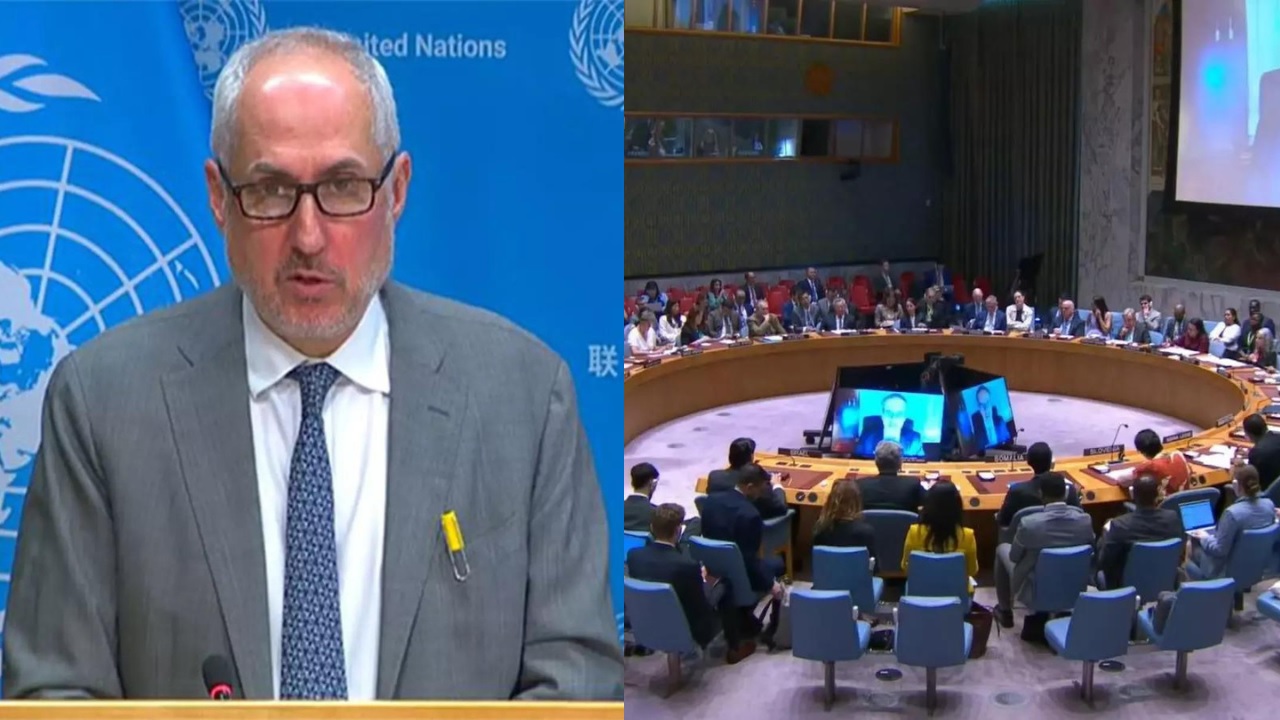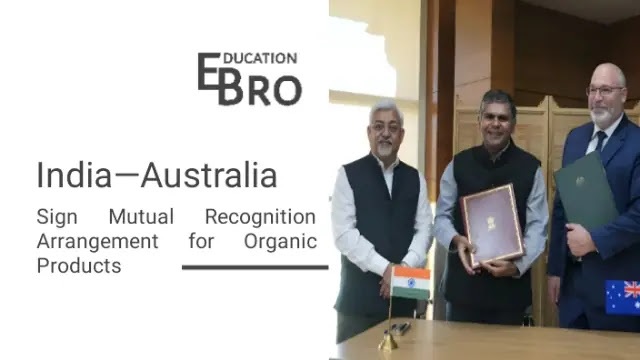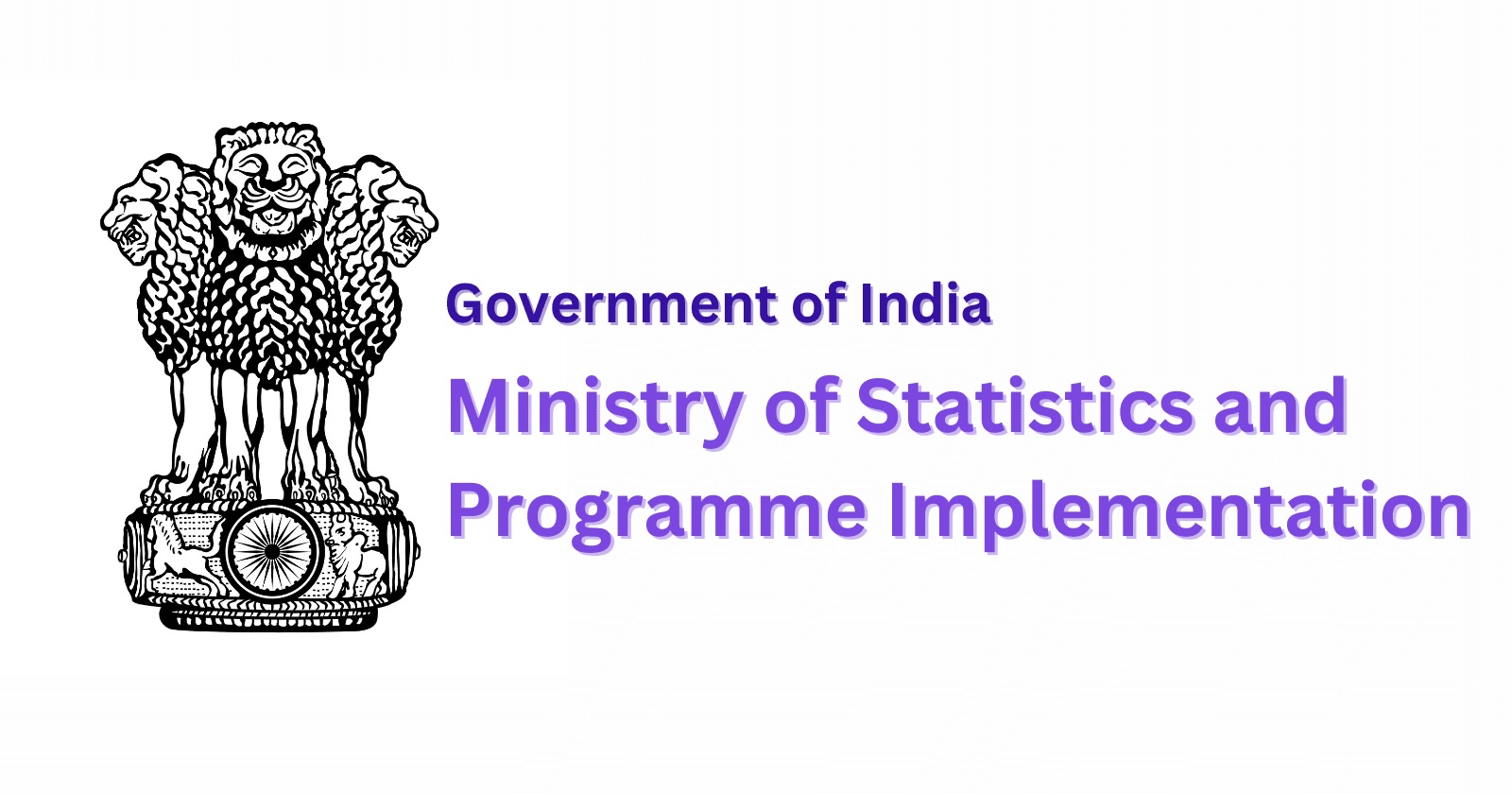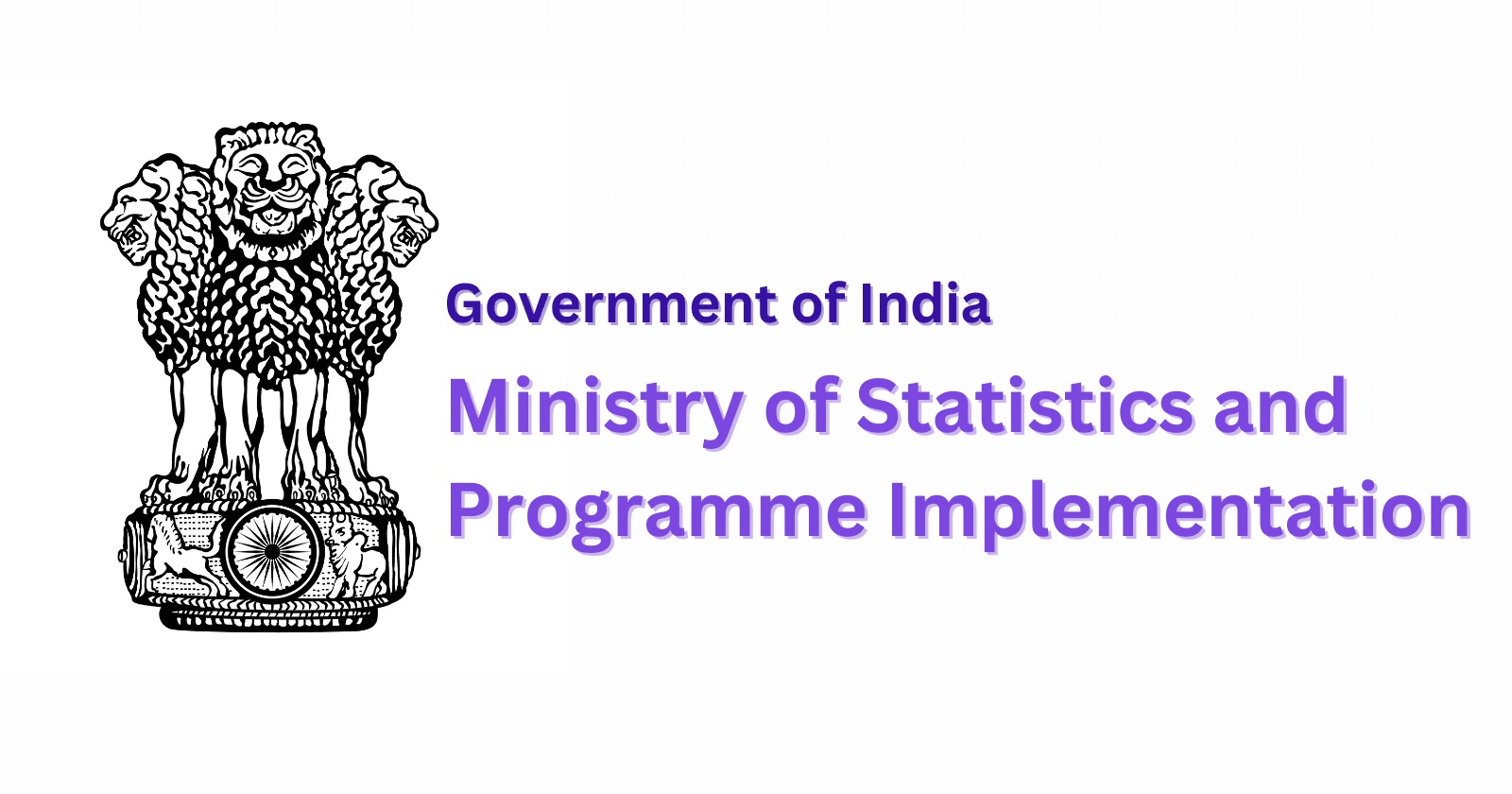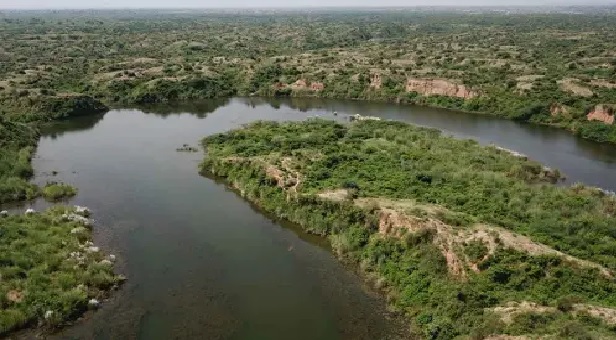India's External Affairs Minister, addressing
the 80th Session of the United Nations General Assembly (UNGA) in New York, delivered
a clear message that India is no longer merely demanding reforms but is also
ready to play a leading role in implementing them. In his concise and powerful
speech, he stated that it is imperative to adapt the United Nations to the 21st
century to address the complex challenges facing the world.
What is the Need
for UN Reforms?
¨
Gridlock in Decision-Making: The UN often faces paralysis in
decision-making due to conflicts, limited resources, and terrorism.The veto
power held by the five permanent members (P5) allows a single nation to block
resolutions, even if the majority supports them, as seen with Russia in Ukraine
and the US on Israel-related resolutions.
¨ Outdated and
Unrepresentative: The UN
Security Council reflects the geopolitical realities of 1945, not the 21st
century. Rising powers like India, Brazil, Germany, and Japan lack permanent
membership, while the Global South remains underrepresented, limiting the UN’s
legitimacy.The UN has struggled to prevent or resolve large-scale conflicts due
to internal divisions and weak peacekeeping mandates. Historical failures in Bosnia and Rwanda, and
inaction in Syria, Sudan, and Myanmar highlight systemic shortcomings.
¨ Financial
Dependence: Heavy reliance on a
few major donors, especially the US, creates leverage for influencing UN
policies and operations, compromising impartiality and global trust.
¨ Administrative
Issues: The UN’s sprawling bureaucracy slows
responses to crises and suffers from corruption, misuse of funds, and
misconduct. For instance, the United Nations Development Programme (UNDP)
reported 434 new investigations, including procurement fraud and sexual
misconduct, undermining credibility.
¨ Erosion of
Sovereignty: Some nations
perceive the UN as a threat to sovereignty, arguing that resolutions on climate
change, human rights, or immigration can override national interests.This
criticism challenges the UN’s authority and global acceptance.
¨
Competing Global and Regional Institutions: The rise of organizations like the G20,
BRICS, and African Union provides alternative, often more agile platforms for
international cooperation, bypassing the UN and further highlighting the need
for reform.
What Role Can India
Play in Driving UN Reforms?
¨
Security Council Expansion: As a member of the G4 group (India, Brazil,
Germany, Japan), India advocates increasing UNSC membership, with six new
permanent seats for Africa, Asia-Pacific, Latin America, and Western
Europe.This addresses the anachronistic P5 structure and aligns representation
with 21st-century geopolitics.
¨ Advocating for the
Global South: India, as a leader
of developing nations, can push for reforms prioritizing the interests of the
Global South by highlighting key issues like sustainable development, climate
justice, and equitable economic growth.
¨ Promoting
Multilateralism: India
can act as a voice of reason in an era of great-power competition, promoting
diplomacy over conflict. India’s neutral
stance, favoring negotiation over military action, underscores its role in
peaceful conflict resolution. With a legacy in UN peacekeeping, India
strengthens its claim for a greater voice in UN decision-making.
¨ Strengthening
Counter-Terrorism Frameworks:
Having faced terrorism firsthand, India can lead efforts to strengthen the UN
counter-terrorism framework, advocate for a comprehensive international
convention on terrorism, and ensure accountability for states sponsoring or
harboring terrorist groups.
¨ Leveraging
Historical Credibility and Contributions: India’s track record in decolonization, human rights, anti-apartheid
efforts, peacekeeping, and international cooperation adds legitimacy to its
leadership role in UN reforms.
¨
Showcasing Global Leadership and Soft Power: Initiatives like the International Day of
Yoga, adopted with support from 177 member states, reinforce India’s capacity
to build consensus and promote multilateral cooperation.
What Steps can
Ensure Effective and Inclusive Reforms at the UN?
¨
Text-Based Negotiations: Move from broad “dialogue” to text-based
negotiations under the Intergovernmental Negotiations (IGN) process, with clear
deadlines and negotiation rounds. Prevent stalling via procedural
foot‑dragging.
¨ Reform or Limit Use
of Veto: Introduce binding
restrictions on veto use in situations involving genocide, war crimes, or
crimes against humanity.Mandate that veto exemptions require supermajority or
referral to the General Assembly. Link
Membership with Contributions & Burden Sharing: Reform assessment
scales and privileges to ensure countries contributing significantly to UN
peacekeeping, humanitarian aid, or development get proportional
representation.Uphold the “capacity to pay” principle while rewarding credible
contributors with greater institutional voice.
¨ Improve
Accountability, Transparency & Decision-Making Efficiency: Revamp voting rules in key UN bodies to prevent
procedural deadlock. Publish performance reviews, audits, and decision‑impact
assessments for major programs.
¨ Institutionalize “Voice of the Global South”
via New Mechanisms: Create permanent forums or caucuses in UN organs for Global
South coordination, so they can negotiate as blocs. Strengthen coalition
platforms like the G4 or African Union in UN decision-making.
¨ Leverage Coalitions
to Build Momentum: Use
forums outside the UN (G20, BRICS, NAM, IBSA) to generate consensus pressure
for UN reform. Mobilise support from middle powers and small states to isolate
veto-resistance. Guarantee Safeguards Against Dominance & Free Riding: Include “clawback” or sunset clauses for new
privileges if misuse or dominance is observed. Ensure reform proposals are
anchored in the UN Charter so they can’t be arbitrarily reversed.
¨
Continuous Review & Adaptation Mechanisms: Establish periodic review (say every 10
years) of governance structures, with mandated adjustments. Form a permanent
“UN Reform Commission” with rotating membership to propose updates in light of
changing geopolitics.
